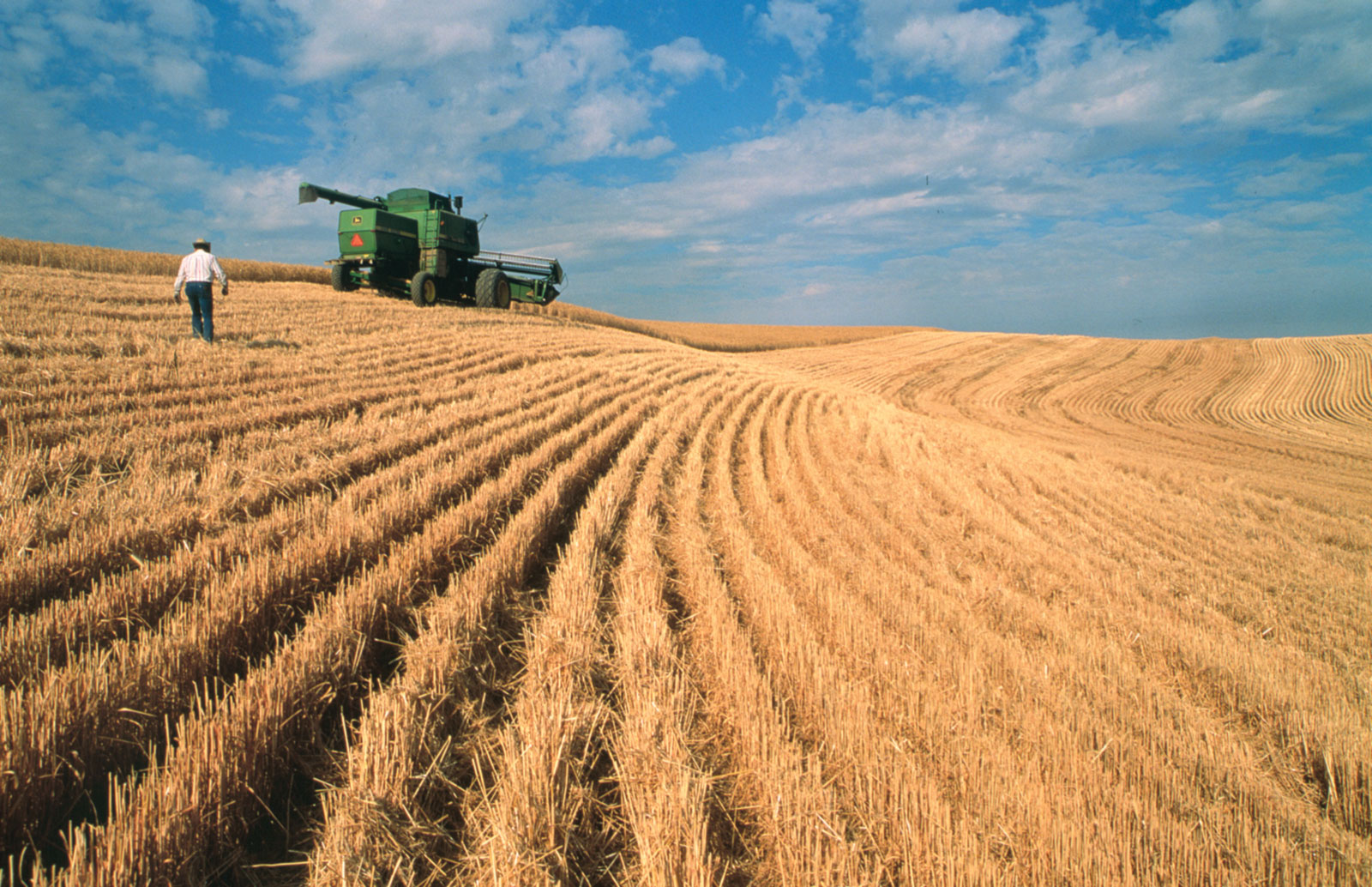USA - Rain expected to cut into crop yields
31.08.2018 384 views
ScaleAgData Stakeholder Engagement Event
22.10.2024The ScaleAgData project is pleased to invite you to our second stakeholder event. Building on the discussions and connections formed during our first webinar, this event will focus on fostering collaboration among stakeholders, providing updates on our project’s progress, and outlining future opportunities for engagement.
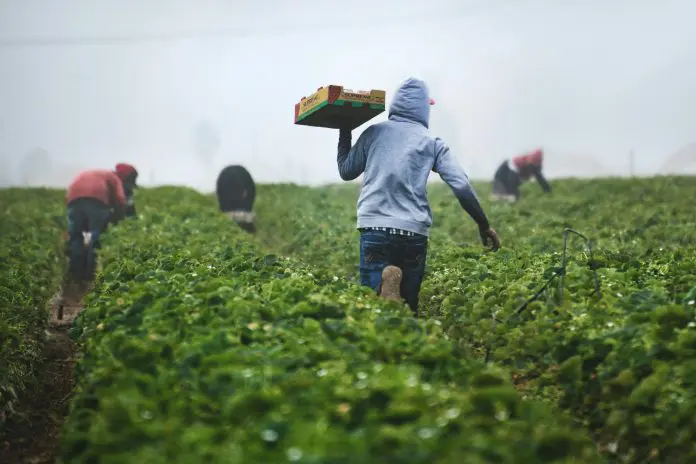
Ecuador rolls out parametric cover for farmers
Ecuador has contracted its first parametric agricultural insurance policies, providing protection against extreme rainfall and drought for up to 10,000 people in smallholder rice and maize farming households.
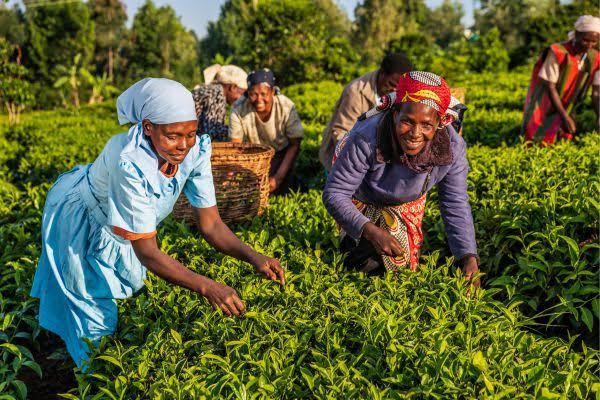
Nigeria unlocks game-changing reforms in agric. insurance to boost food security
Nigeria’s Minister of State for Finance, Dr. Doris Uzoka-Anite and the Minister of State for Agriculture, Aliyu Sabi Abdullahi met on Monday in Abuja to unlock the game-changing reforms in agricultural insurance and Cooperatives.
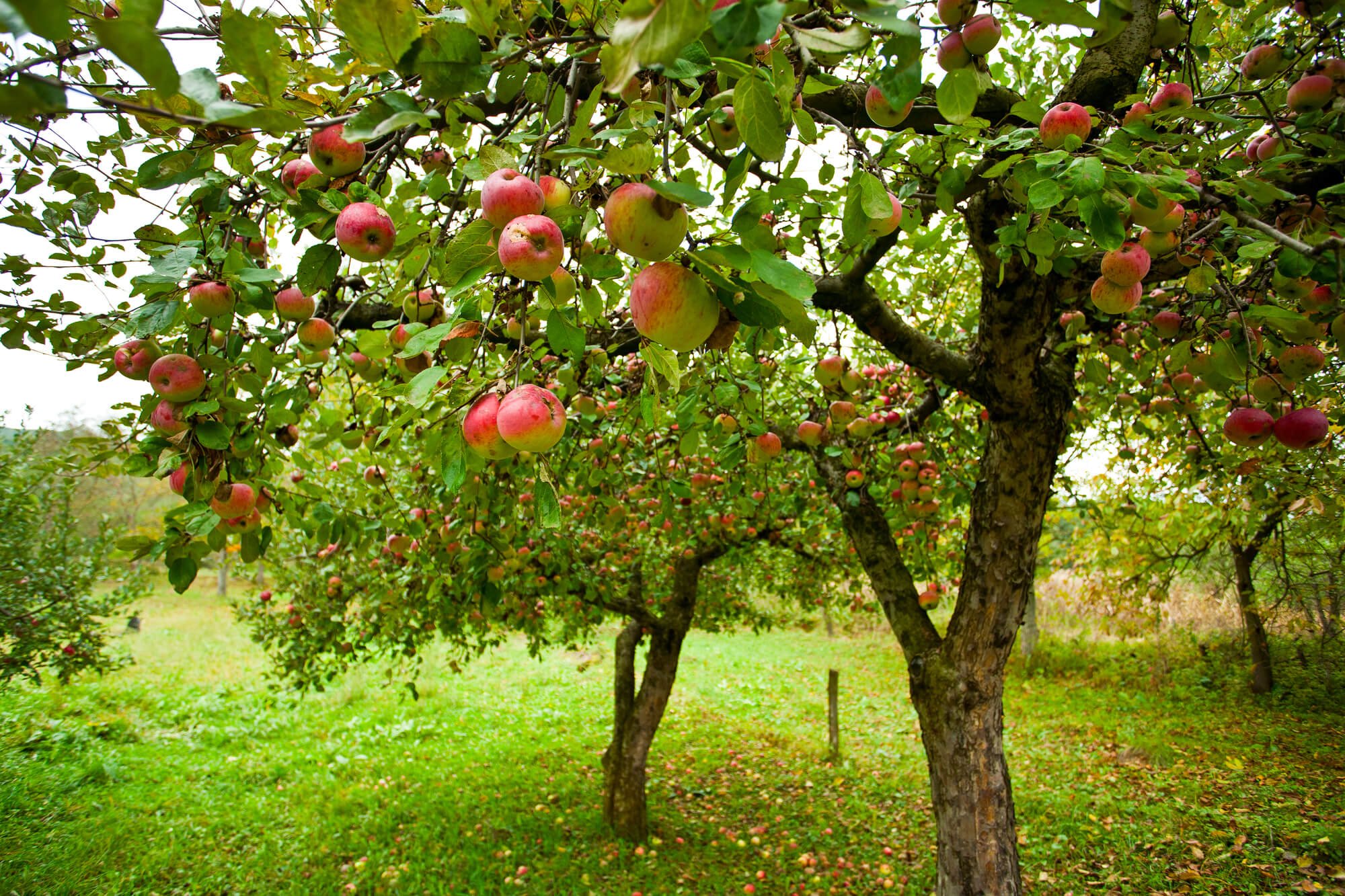
India - Farmers fear crop losses as temperatures surge across Kashmir
A spell of unusually warm weather in the Kashmir Valley has raised concerns among farmers about the early breaking of dormancy and premature flowering of fruit trees.

Bangladesh - Haor farmers fear crop loss as work misses deadline
With about 700,000 haor farmers' livelihoods dependent on Boro paddy yield in the Sylhet division, slow progress in developing embankments for crop protection in Sunamganj, Habiganj and Sylhet districts has stirred worries of rain interruption, which would make the works slower.
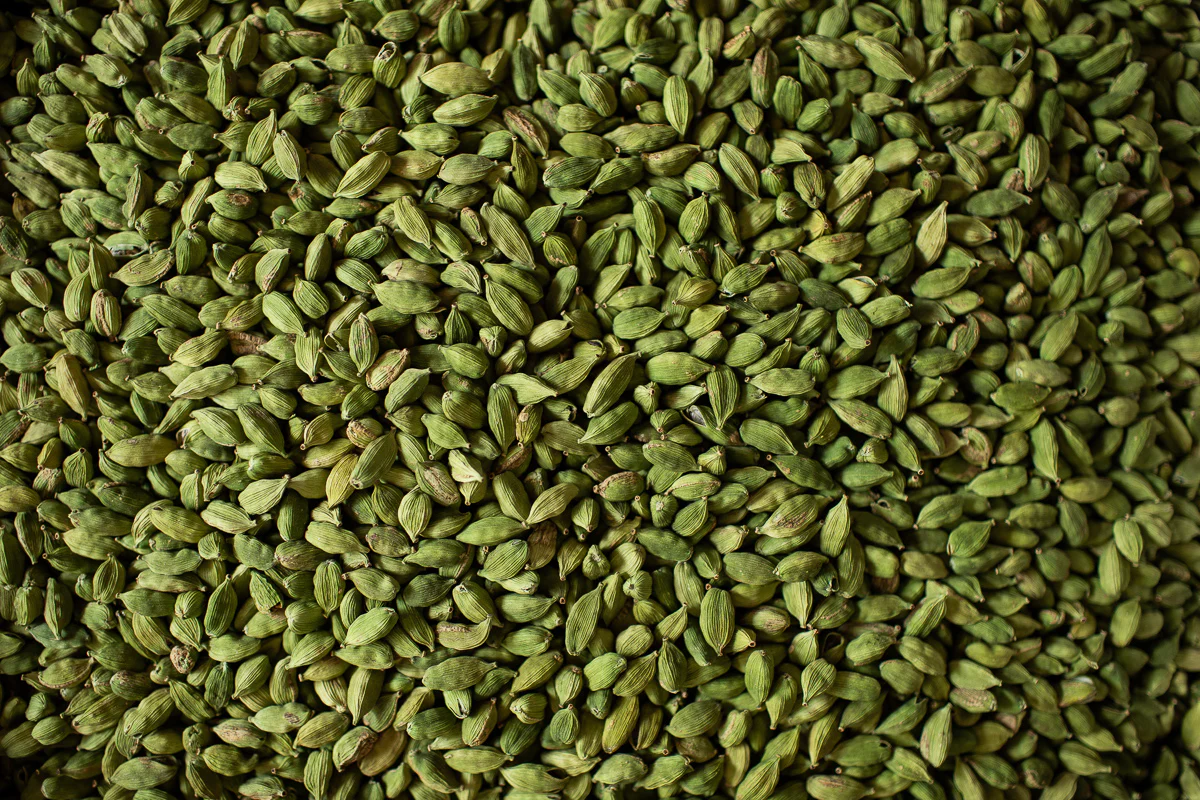
India - 700 farmers to get weather-based crop insurance for large cardamom in Sikkim
Around 700 farmers across Geyzing, Mangan and Pakyong districts are proposed to be covered under a pilot weather-based crop insurance scheme for large cardamom launched by the Government of Sikkim.

USA - USDA offers disaster assistance to agricultural producers in Arkansas impacted by winter storms
Agricultural operations in Arkansas have been significantly impacted by recent winter storms.
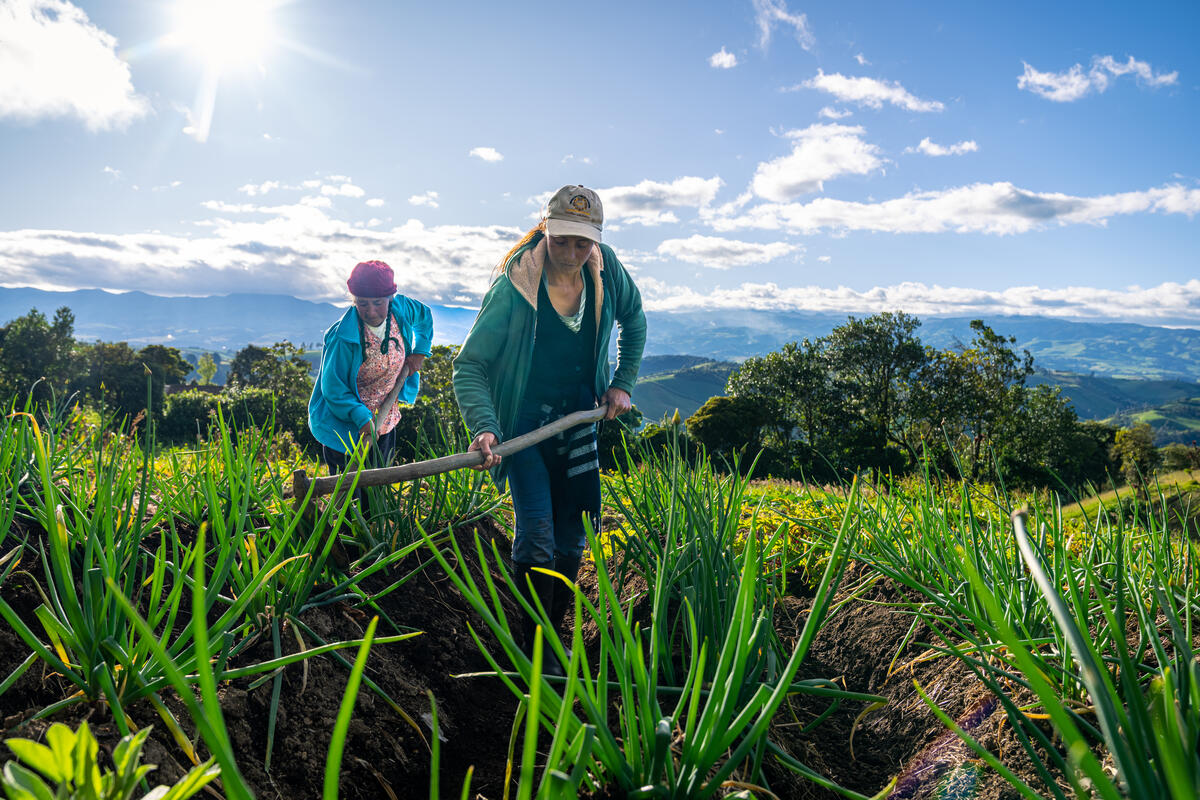
Joint Partnership Brings Parametric Cover for Ecuador Agri Risks
Ecuador has contracted its first parametric agricultural insurance policies, benefitting up to 10,000 people in smallholder rice and maize farming households against extreme rainfall and drought-risk.
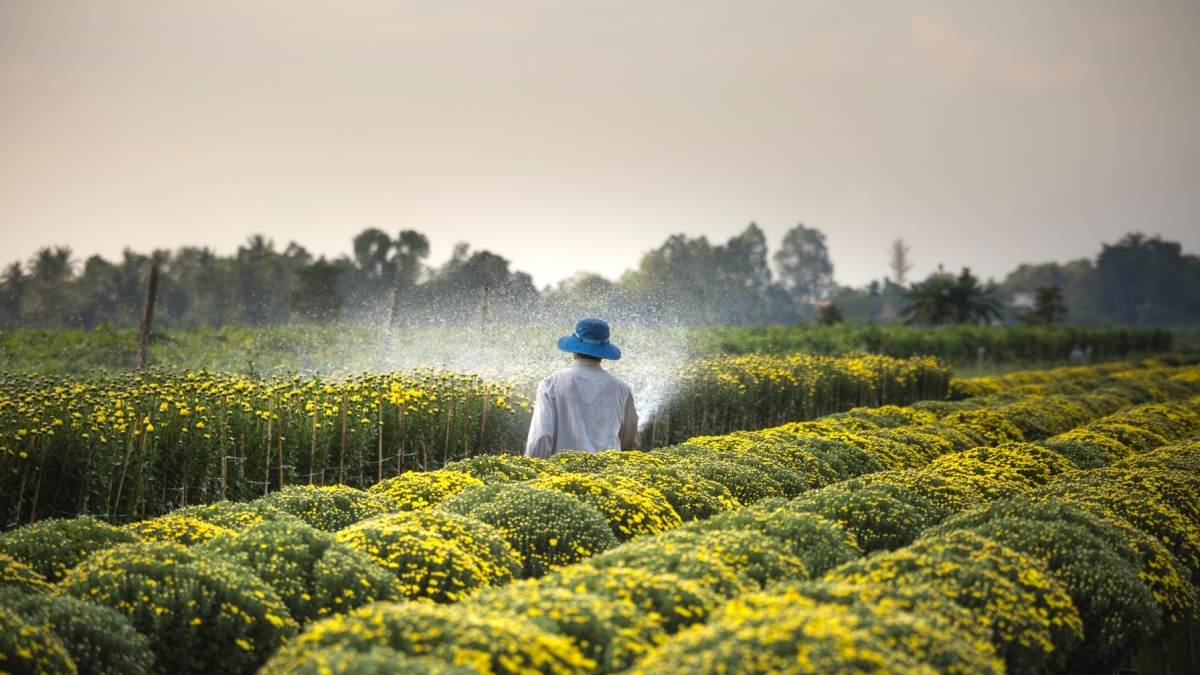
South Korean farmers sue utility giant KEPCO over climate damage to crops
As harvest season approached last November, farmer Ma Yong-un walked through his apple orchard in southern South Korea with a growing sense of dread.


